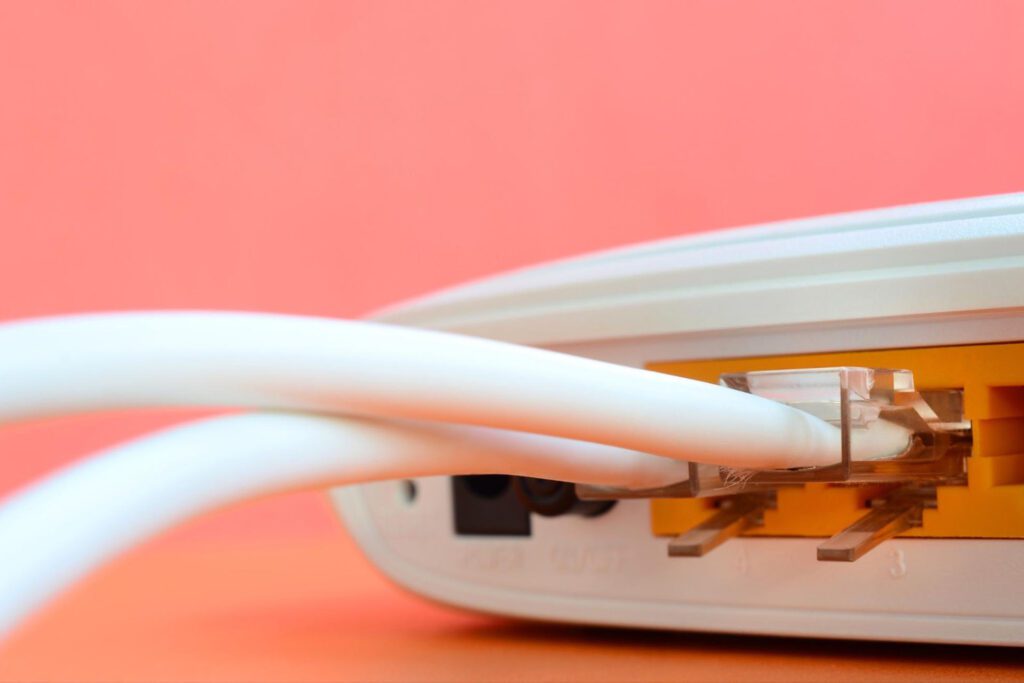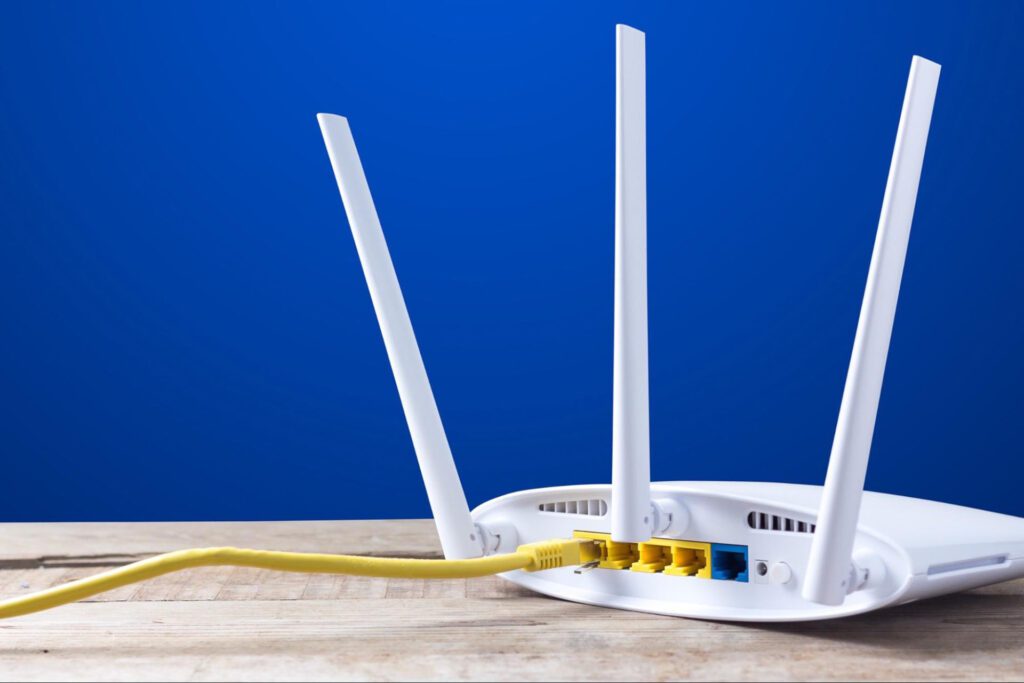A Twelve-Step Guide to Internet Service
You must be connected today in the era of the internet for business, entertainment, and communication. You are likely moving into a new apartment, moving houses, or searching for a nice provider, and the process is infuriating. You can simply get a quick and safe internet connection with this guide.
1. Define your Internet needs
Before you comparison shop among internet service providers (ISPs), take a minute to think about what you want your usage to be.
- Budget – Determine how much you can afford. Include a bit extra for equipment, installation, and possibly some additional charges.
- Usage Patterns – Do you surf occasionally, game on a regular basis, or work from home? Different usage patterns demand different speeds and bandwidth.
- Data Caps – Certain Internet Service Providers have data caps, and these will affect your experience if you consume a lot of data streaming, gaming, or downloading a lot of content.
2. Search current ISPs
Providers are available geographically everywhere, and hence provider research in places is needed. SmarterHome.ai map provides the users with information regarding the providers which they are utilizing. Best things to surf while browsing are
- Speed & Performance – Local available speeds should be compared, and the optimum be selected according to your needs.
- Coverage – Ensure that the provider is covered in your area.
- Reputation – Search for customer feedback to ascertain reliability and quality of services.
3. Recognize Different Types of Internet Connections
One must be aware of the different types of internet.
- Satellite – It would be great for rural communities but would be at risk of being slow and susceptible to poor weather.
- DSL (Digital Subscriber Line) – Uses current telephone lines; is distance-dependent on the provider’s central office.
- Cable – Provides higher speeds than DSL, utilizing the same cables as cable TV.
- Fiber-Optic – Provides quick, reliable internet using fiber optic cables but is not typically available in most areas.
4. Compare Plans and Prices
Once you’ve jotted down a few possible ISPs, look at their offerings:
- Extra Charges – Be on the lookout for installation fees, equipment rental fees, and extra charges.
- Speed Demands – Multi-unit homes, streaming, and games require more speed.
- Contract Terms – Some providers have longer contracts, but others are month-to-month.
5. Verify Bundled Services
Internet, TV, and phone services from some providers can be bought. Bundling is cheap and has the benefit of having the different services managed by one provider.

6. Compare Equipment Options
Most ISPs will include a router and modem, but some will lease them to you. You may consider purchasing your own if it is compatible with your internet provider and it will be cheaper for you in the long term.
7. Read customer feedback
Before you decide, check out customer reviews and find out what really happens. Check out comments on:
- Speed Consistency – Is the speed being advertised to customers being delivered?
- Reliability of Service – How often do outages occur?
- Customer Support – How responsive and helpful is the ISP’s support staff?
8. Contact ISPs for Clarifications
If you are not sure, you can directly contact the ISPs. Their customer service representatives can tell you about other plans, fees and terms of service.
9. Test Customer Support Quality
It is always wise to have a backup person to fall back on from the provider’s side, in case something does not work out. Ensure that the ISP offers excellent and timely technical support 24/7.
10. Select to install by
- Self-Installation – Most ISPs provide do-it-yourself installation packages, an inexpensive and easy option.
- Professional Installation – In case wiring is included, to facilitate easier installation, use professional installation.
11. Plan your installation.
Once you have selected your provider and plan, schedule an installation. If it is an installation, be sure to follow the ISP’s procedure.
12. Test Your Internet Connection
After installation, test the speed so that you receive the speeds that were promised. Without any speed promotion, ask the ISP to rectify this.

Stay Connected with the Right Internet Service
It does not have to be this complicated to receive the best internet service. Knowing what you need, comparing the services, and knowing the most significant factors, you can choose an ISP that will suit you.
With the right plan, you will have easy access, improved web experiences, and easy access for work and play. For expert advice and tailored recommendations, visit the SmarterHome.ai site for more home and office internet solutions.


